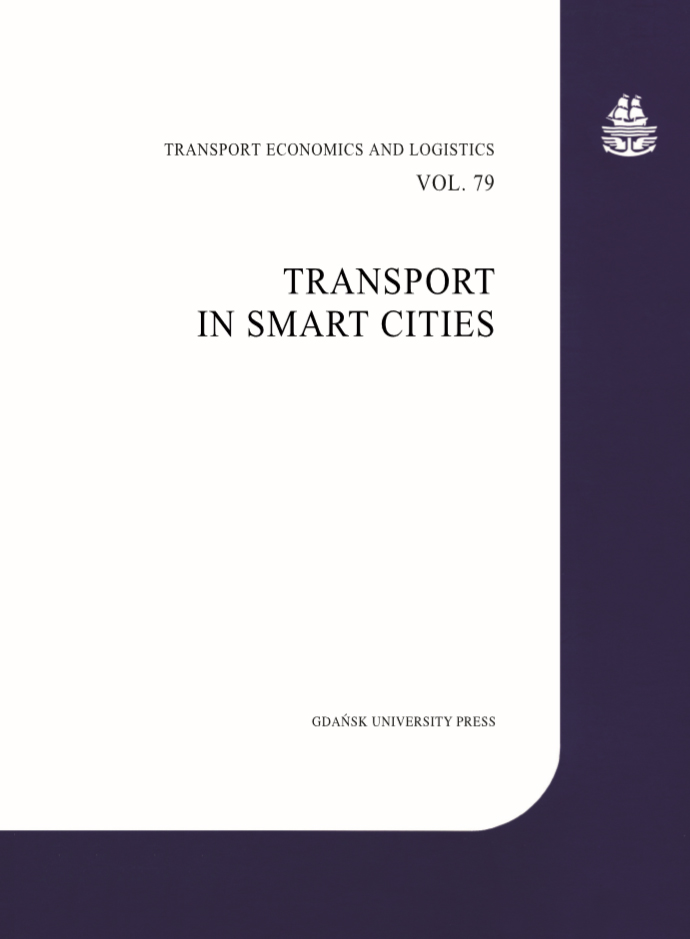Mobility-as-a-Service – global trends and implementation potential in urban areas in Poland
DOI:
https://doi.org/10.26881/etil.2018.79.03Keywords:
smart city, urban mobility, new business models, MaaS, mobility on demand, car-sharing, bike-sharing, scooter-sharing, Poland, urban areaAbstract
The concept of sustainable development increasingly affects cities and the challenges they face. At the present stage of sustainability awareness it is desired that the discussion about the city development combines the financial aspects and harmonious social relationships with the natural environment. The role of local authorities in implementation processes is undeniable. The objective of the paper is to verify theoretical assumptions regarding sustainable development governance in cities. A special attention is paid to transport and logistics solutions as supported measures but also as barriers of implementation. The detailed questionnaire in the form of the survey was chosen to examine how local governments practice the concept of the green urban economy to strengthen the sustainable development in different cities. Results prove that Scandinavian cities, in comparison to other European and some North American cities, are indisputable leaders in the development and implementation of sustainability strategies. They extensively involve stakeholders and facilitate open dialogue approach, create public-private partnerships and stimulate more sustainable behaviour through variety of financial incentives.

 Academic Scientific Journals
Academic Scientific Journals



